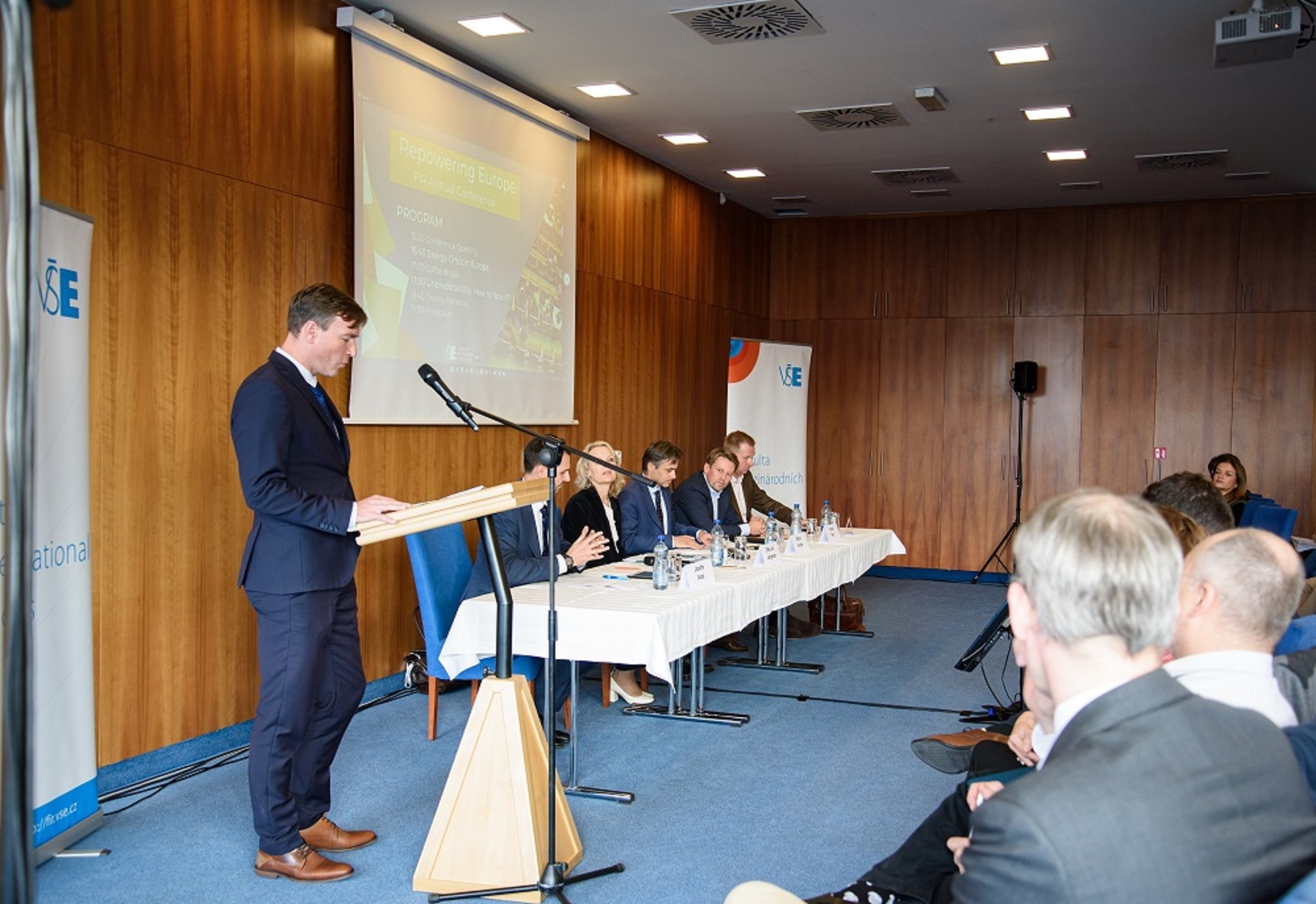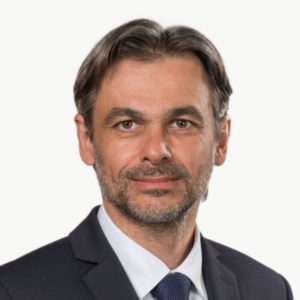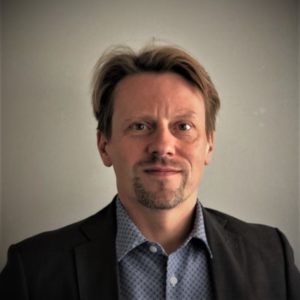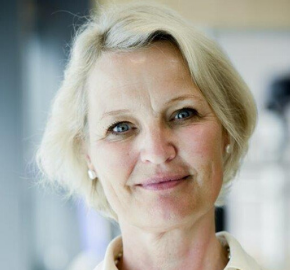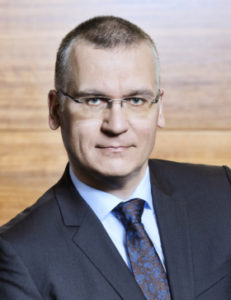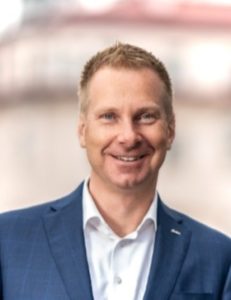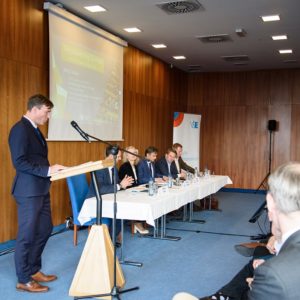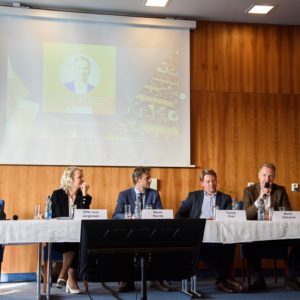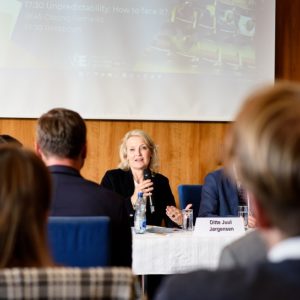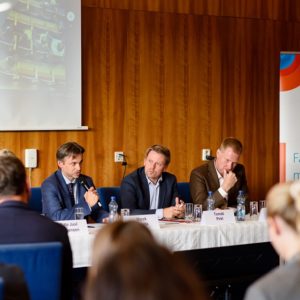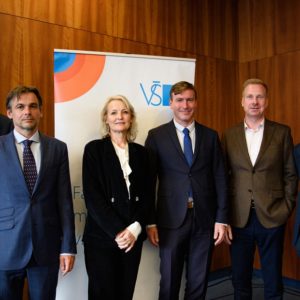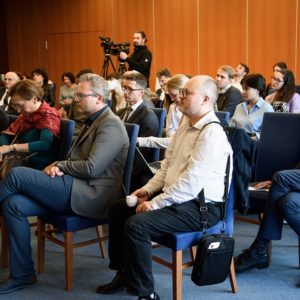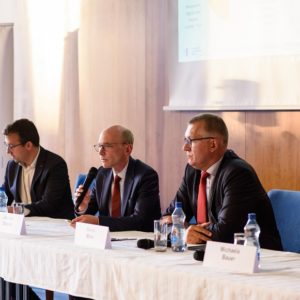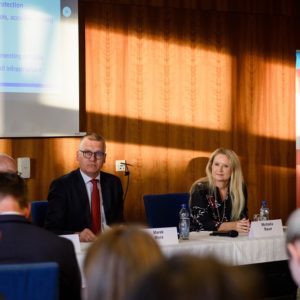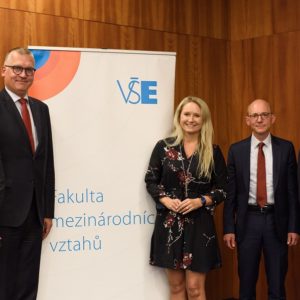A stronger Europe, price stability and a digital future. Watch the recording of FIR Annual Conference 2022: Repowering Europe!
On Tuesday 11 October, the FIR Annual Conference was held at the Faculty of International Relations. This time the main theme was “Repowering Europe”.
Like every year, the conference took the form of an audience panel discussion with prominent faces from the international corporate world and leading government officials. The packed programme was opened by the Dean of the faculty Josef Taušer, who after his introduction handed over the floor to the moderators of the event, Dr. Jarolím Antal, who commented on the first part of the debate, and the Vice-Rector of the Prague University of Economics and Business Pavel Hnát, who moderated the discussion that followed the coffee break. As the title of the conference suggests, the whole event was linked by the theme of the ongoing energy crisis in the world as a result of the war in Ukraine. In the second part of the programme, guests tried to answer the question of Europe’s future in response to current events not only within its borders.
The invitation to this year’s conference was accepted by Ditte Juul Jorgensen (Director General, DG Energy, European Commission), Marek Havrda (Deputy Minister, Ministry of EU Affairs, Czechia), Tomáš Pirkl (Head of Brussels Representative Office, CEZ Group) and Martin Záklasník (Member of the Board of Directors of the Czech-German Chamber of Commerce and Industry and Aspen Institute CE), who in the first part of the discussion focused mainly on the energy crisis. Mrs Jorgensen pointed out that the events of the last few days have confirmed how important it is not to be dependent on gas largely from only one supplier – Russia. The key to overcoming the current crisis is, not least in her view, to stabilise market prices, to reduce our consumption by unnecessary expenditure and to turn our attention to building relations with other mineral-rich countries – Norway, the US, Egypt – in order to diversify Europe’s energy intake.
At the same time, according to other guests, demands for the rapid introduction of renewable energy should increase. Moreover, Marek Havrda adds that the current situation was not helped by the subdued investment during the global pandemic that preceded it, and in many parts of the world, the economies did not have time to recover from its effects. Mr Havrda believes that it is international trade that should help solve the energy crisis.
In addition, Mr Martin Záklasník and Mr Tomáš Pirkl highlighted the problem of the lack of liquidity in the economy and the need to stabilise market prices as quickly as possible. All the panellists agreed that inflation was making an already difficult situation even more serious for the general public, which is why it should be tackled first and foremost. The question remains, however, which method would be the most effective for efficient monetary operations.
A similar question was raised in the second part of the discussion chaired by the Vice-Rector of the University of Economics Pavel Hnát. Representatives of the banking sector, Marek Mora (Deputy Governor of the Czech National Bank), Jochen Schanz (Senior Economist, European Investment Bank) and Michaela Bauer (Chief Innovation Officer, Member of the Board of Directors, ČSOB Group), did not avoid questions about the original erroneous inflation forecasts. However, Mr Mora said that none of the central banks in the world had expected a similar development of the price level.
The rest of the second part of the debate, however, partly abandoned inflation and negative scenarios and headed into the near, perhaps slightly more positive, future. A future in the name of the development of artificial intelligence, advanced robotics and other trends that are currently beginning to gain in seriousness, not only in the financial sector. However, the host Pavel Hnát pointed out that many people are afraid of the digitalised future. However, the guests agreed that society has already managed to successfully adapt to similar changes in commonly perceived paradigms and systems in use several times. The Internet of Things, artificial intelligence or robotization may thus seem unimaginable to many, yet it can be expected to one day bring to society a comparably substantial improvement in the quality of everyday life, just as the industrial revolutions of the past did.
All the invited guests and speakers highlighted the complexity and interconnectedness of the challenges the world is currently facing. Although each of them works in a different institution and valued each part of the crisis with different seriousness, they agreed on the most appropriate solutions. But whether we start with price stabilisation, investment recovery, consumption reduction or green policies, one thing is certain. We are all facing the crisis indiscriminately, and we can therefore only defeat it together. In a stronger Europe.
Watch the recording of the FIR Annual Conference 2022: Repowering Europe!
